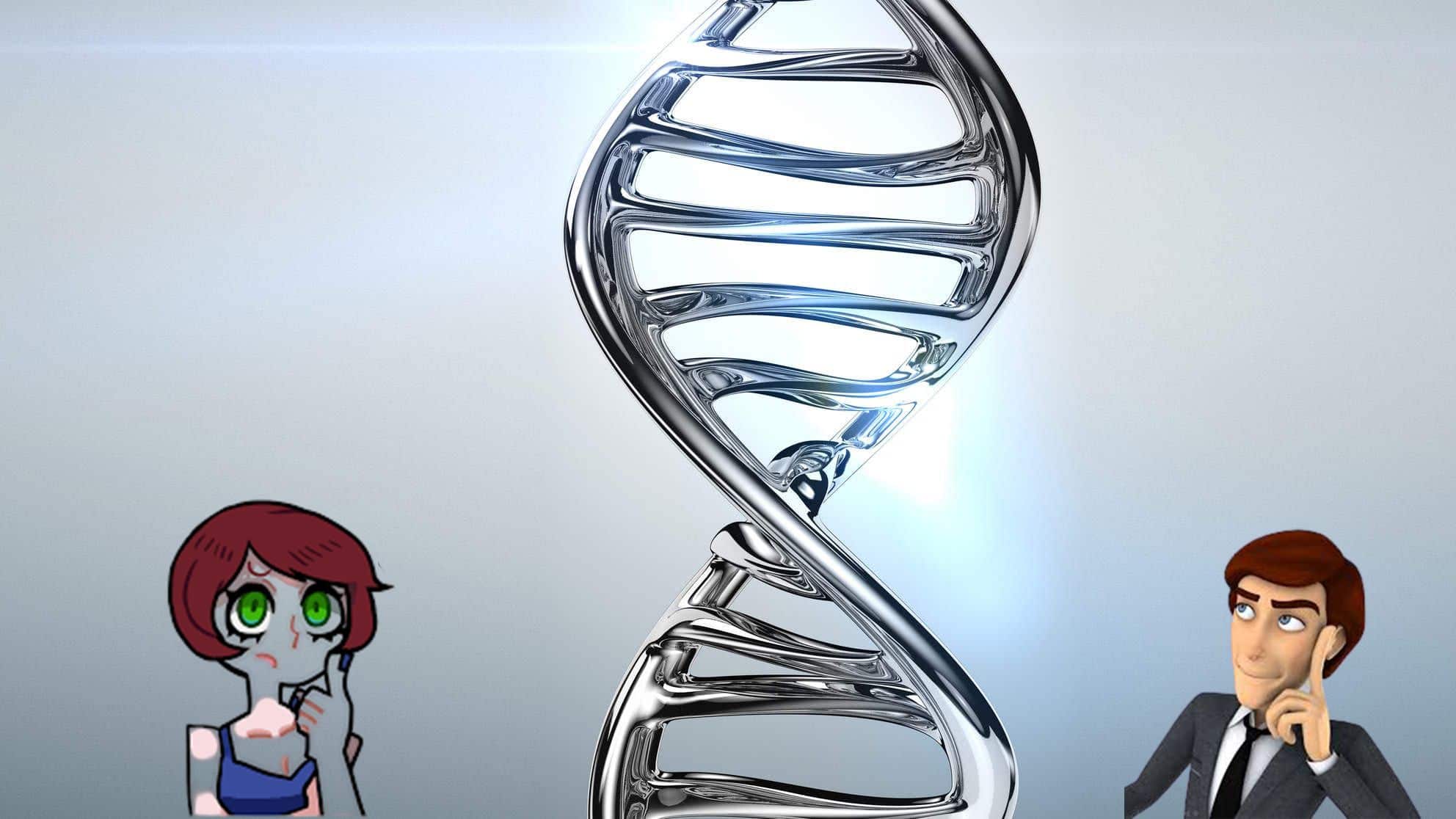can you get a dna test while pregnant
Is it Safe to Get a DNA Test While Pregnant?
Getting a DNA test while pregnant can be an important step for expecting parents who want to gain more insight into their baby's health and genetic makeup. However, concerns about safety can arise. In this article, we will address some of the most commonly asked questions regarding the safety of DNA testing during pregnancy.
1. What is a DNA test while pregnant?
A DNA test while pregnant, also known as prenatal DNA testing, is a procedure that allows parents to gain information about the genetic characteristics of their unborn child. This testing is usually done to determine paternity or to screen for genetic disorders.

2. How is a DNA test performed during pregnancy?
During a DNA test while pregnant, a sample is obtained from the fetus or from the mother. There are two main types of prenatal DNA testing: non-invasive prenatal testing (NIPT) and invasive prenatal testing.
- Non-invasive prenatal testing (NIPT): This involves a simple blood draw from the mother, which contains cell-free fetal DNA. The fetal DNA is then analyzed to provide information about the baby's genetic makeup.
- Invasive prenatal testing: This involves procedures such as amniocentesis or chorionic villus sampling (CVS), where a sample is taken directly from the fetus or the placenta for genetic analysis.
3. Is a DNA test while pregnant safe?
Yes, in general, a DNA test while pregnant is considered safe. Non-invasive prenatal testing, such as NIPT, carries minimal risks, as it only involves a blood draw from the mother. However, invasive prenatal testing carries a slightly higher risk of complications, such as miscarriage. The specific risks and safety considerations should be discussed with a healthcare professional.
4. What are the benefits of getting a DNA test while pregnant?
- Paternity determination: A DNA test while pregnant can accurately determine the biological father of the unborn child.
- Detection of genetic disorders: Prenatal DNA testing can help identify genetic disorders or chromosomal abnormalities in the fetus.
- Preparation and knowledge: Knowing the genetic characteristics of the baby can help parents prepare for any potential medical or lifestyle needs the child may have.
5. Can a DNA test while pregnant determine the baby's gender?
Yes, a DNA test while pregnant can determine the baby's gender. This can be done through both non-invasive prenatal testing (NIPT) and invasive prenatal testing methods. NIPT can determine the baby's gender by analyzing the fetal DNA present in the mother's blood.
6. How early can a DNA test be done during pregnancy?
In general, non-invasive prenatal testing (NIPT) can be performed as early as 10 weeks into the pregnancy. Invasive prenatal testing, such as amniocentesis or CVS, is usually performed between 10 to 12 weeks or later.
7. Who should consider getting a DNA test while pregnant?
- Individuals who want to determine the biological father of the unborn child.
- Couples with a family history of genetic disorders or chromosomal abnormalities.
- Older mothers, as advanced maternal age is associated with an increased risk of certain genetic conditions.
8. Where can I get a DNA test while pregnant?
There are several options available for getting a DNA test while pregnant:

- Genetic testing laboratories: Many specialized laboratories offer prenatal DNA testing services.
- Healthcare providers: OB/GYNs, genetic counselors, or maternal-fetal medicine specialists can provide information and guidance on getting a DNA test while pregnant.
- Online platforms: Some online platforms, such as Sequencing.com, offer DNA testing kits that can be done at home and sent to a laboratory for analysis.
9. How accurate are DNA tests while pregnant?
In general, DNA tests while pregnant have a high accuracy rate. Non-invasive prenatal testing (NIPT) has a high detection rate for common genetic disorders, with an accuracy rate of 99% or higher. Invasive prenatal testing methods, such as amniocentesis and CVS, also have high accuracy rates.
10. Can a DNA test while pregnant determine genetic disorders?
Yes, a DNA test while pregnant can help determine the presence of certain genetic disorders or chromosomal abnormalities in the fetus. Non-invasive prenatal testing (NIPT) can screen for common genetic disorders, while invasive prenatal testing methods can provide more detailed genetic information.
11. Are there any risks or side effects of DNA testing while pregnant?
- Non-invasive prenatal testing (NIPT): NIPT is considered low risk, with minimal to no side effects. However, false-positive or false-negative results are possible, so further confirmation may be required with invasive testing.
- Invasive prenatal testing: Procedures such as amniocentesis and CVS carry a slight risk of complications, including miscarriage, infection, or leakage of amniotic fluid. These risks are rare but should be discussed with a healthcare professional.
12. How long does it take to get DNA test results while pregnant?
The turnaround time for DNA test results can vary depending on the testing method and the laboratory used. Non-invasive prenatal testing (NIPT) results may be available within a couple of weeks, while results from invasive prenatal testing methods can take longer, typically 2 to 4 weeks.
13. Does insurance cover the cost of a DNA test while pregnant?
Insurance coverage for DNA testing while pregnant can vary depending on the specific insurance plan and the reason for testing. Some insurance plans may cover the cost of prenatal DNA testing when medically necessary, such as for detecting genetic disorders. It is best to check with the insurance provider for coverage details.
14. Can DNA test results while pregnant be used in legal proceedings?
Yes, DNA test results obtained while pregnant can be used in legal proceedings, such as establishing paternity or in cases related to genetic disorders. However, it is important to ensure that the testing is performed by a reputable laboratory using accurate and reliable methods to maintain the validity of the results.
Posting Komentar untuk "can you get a dna test while pregnant"